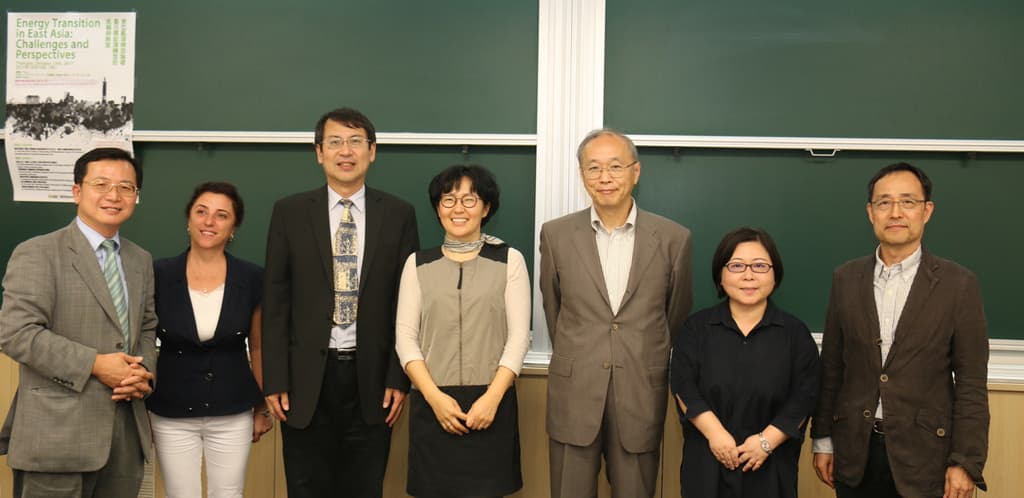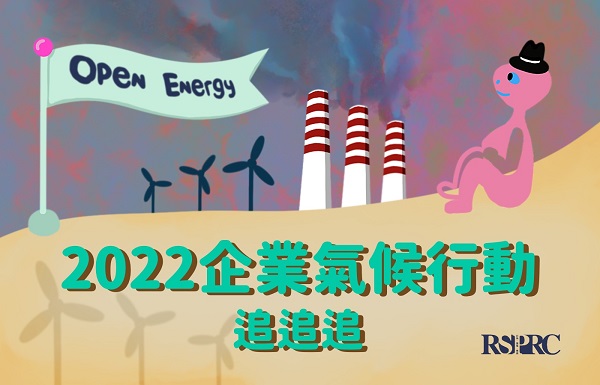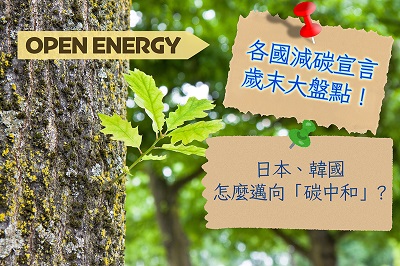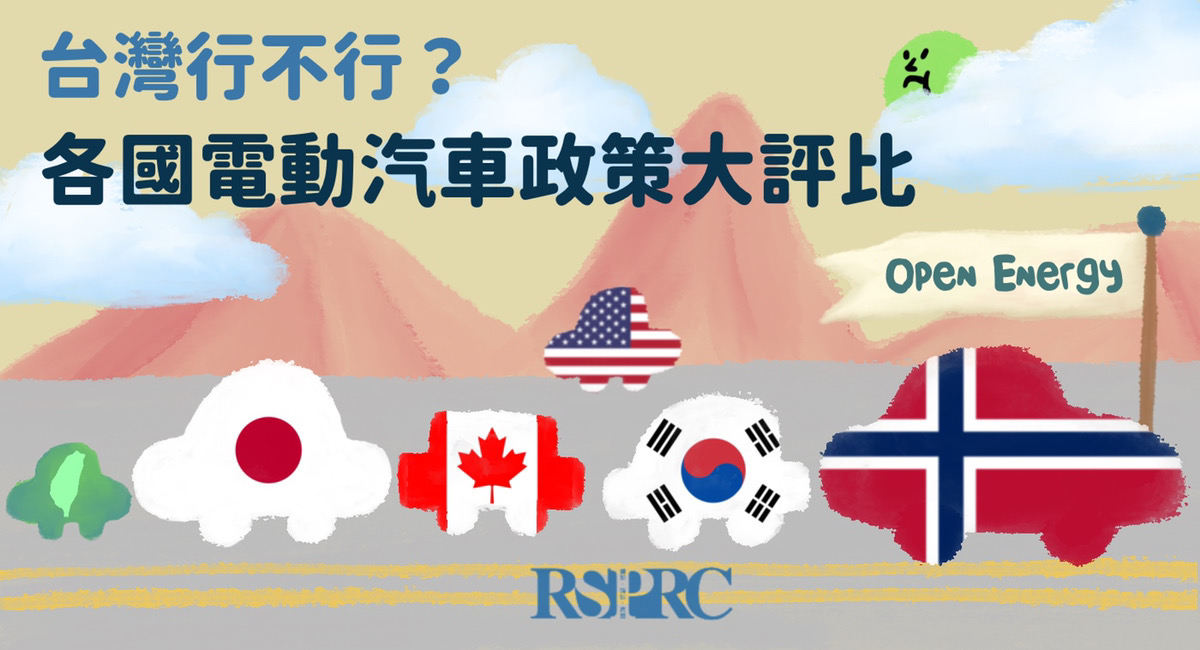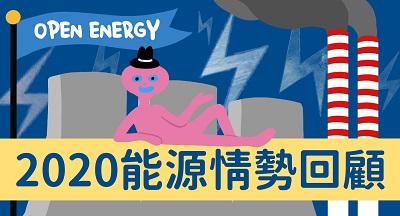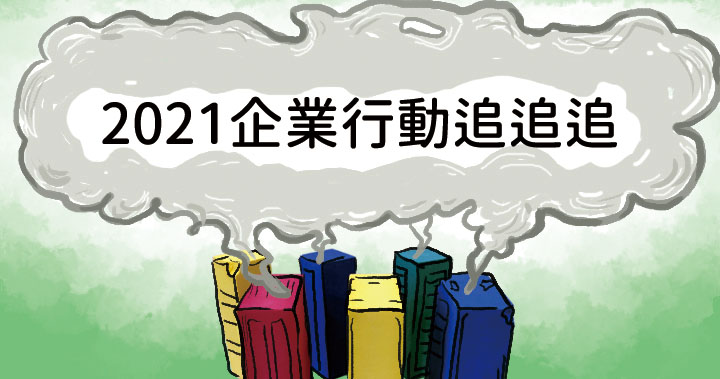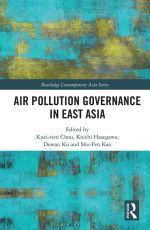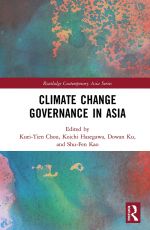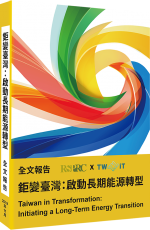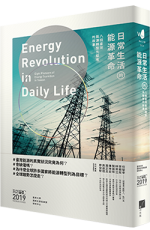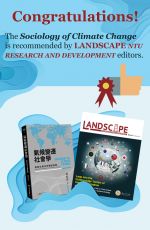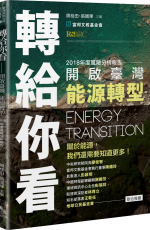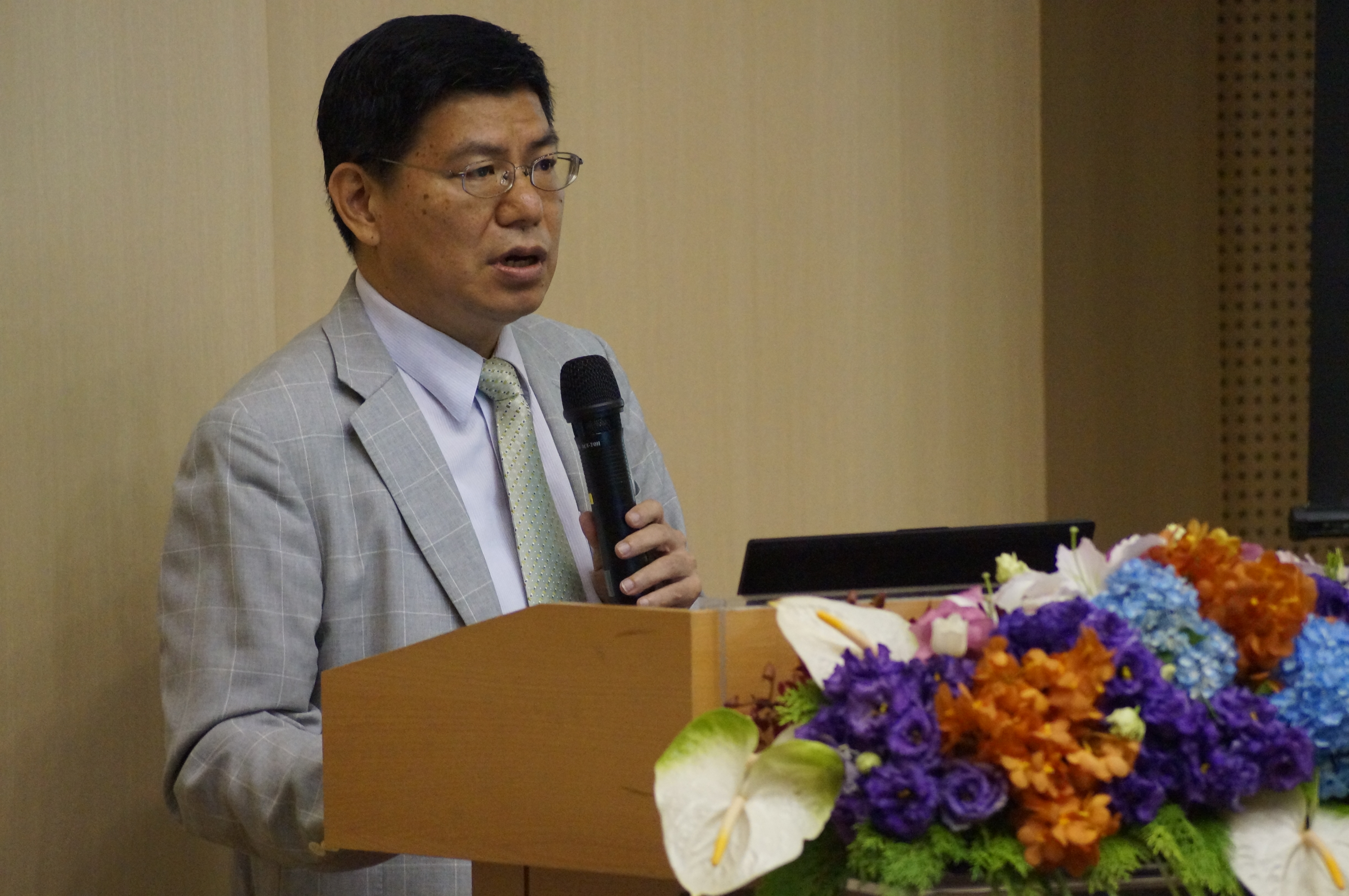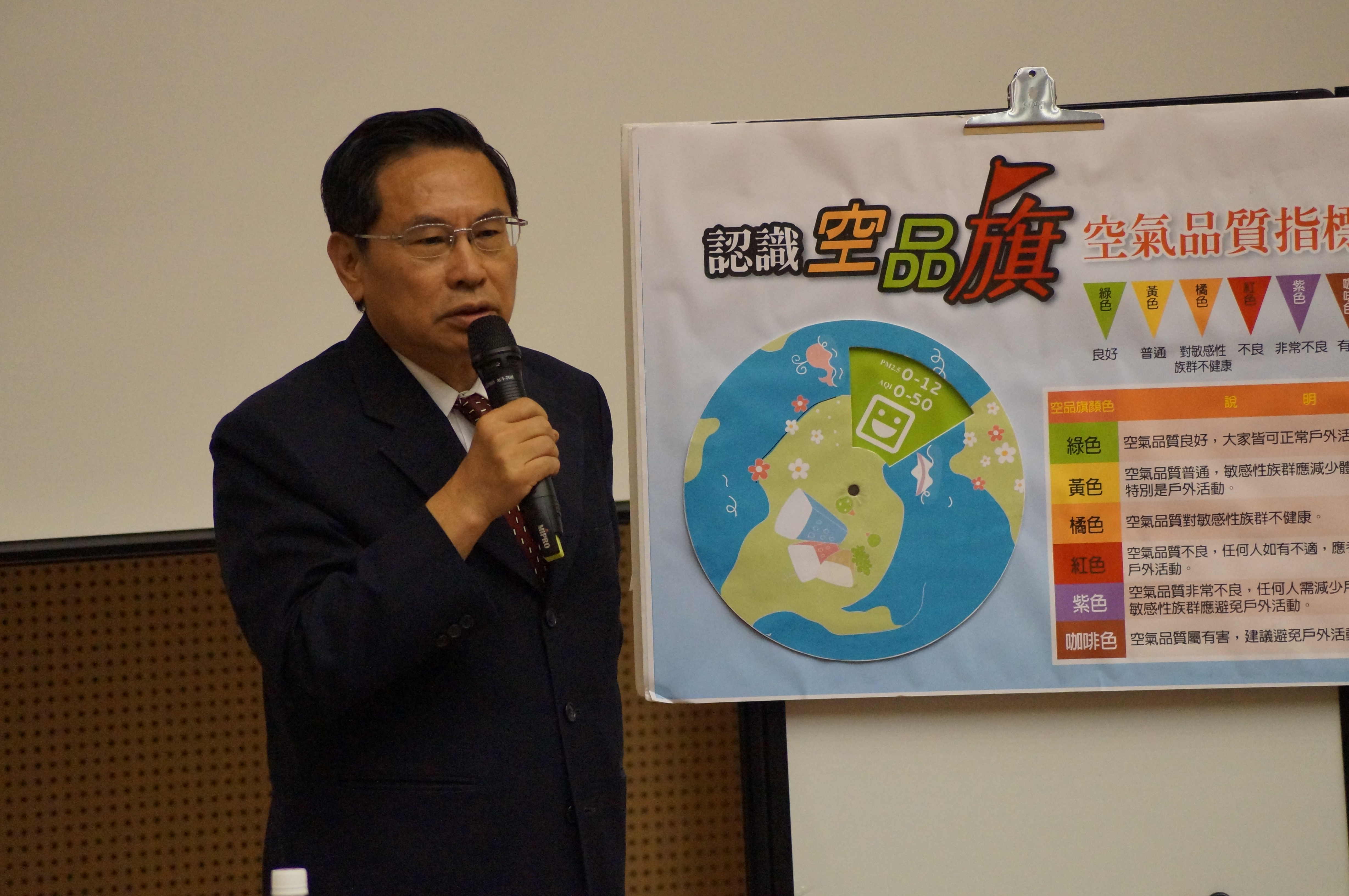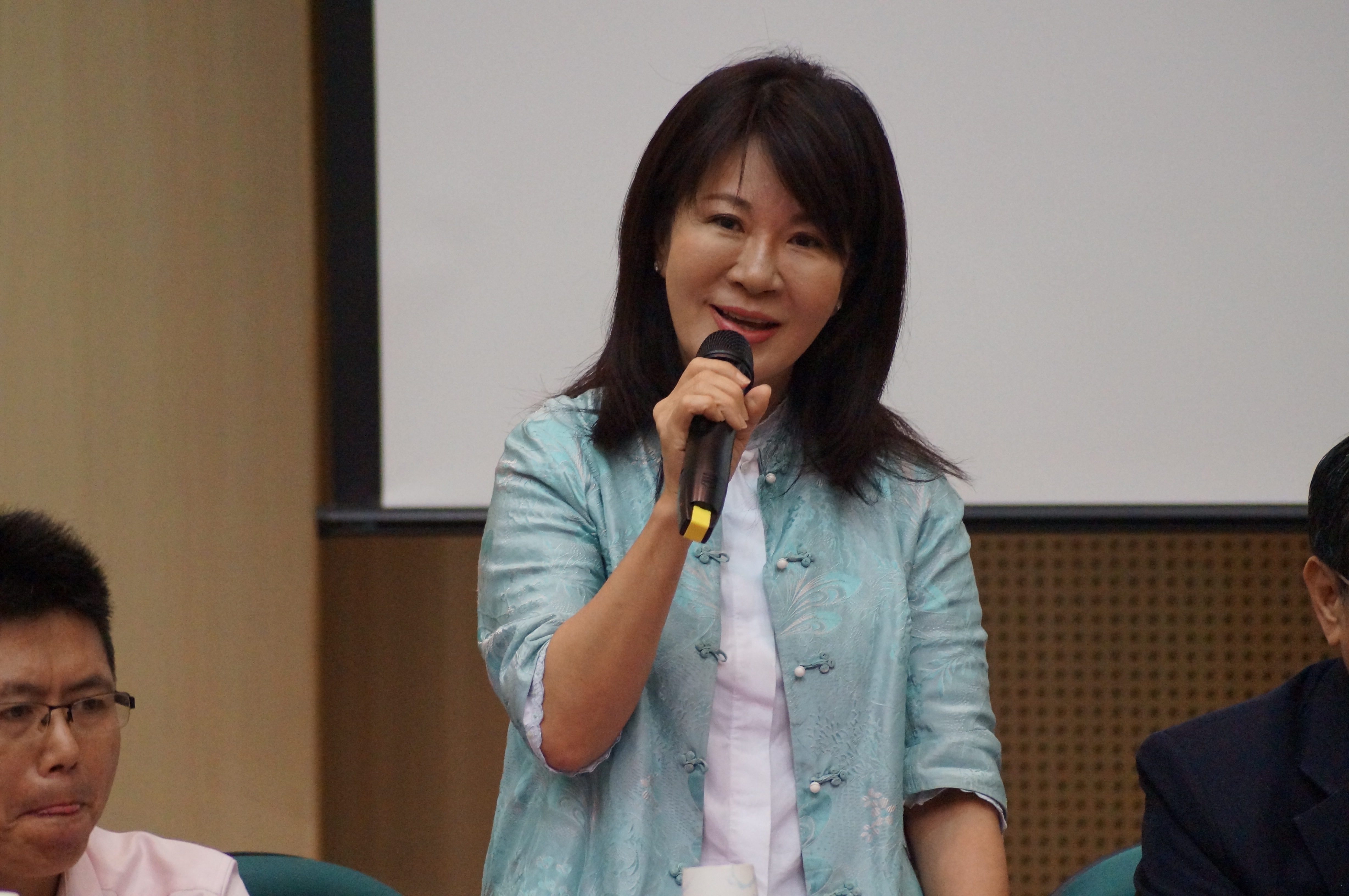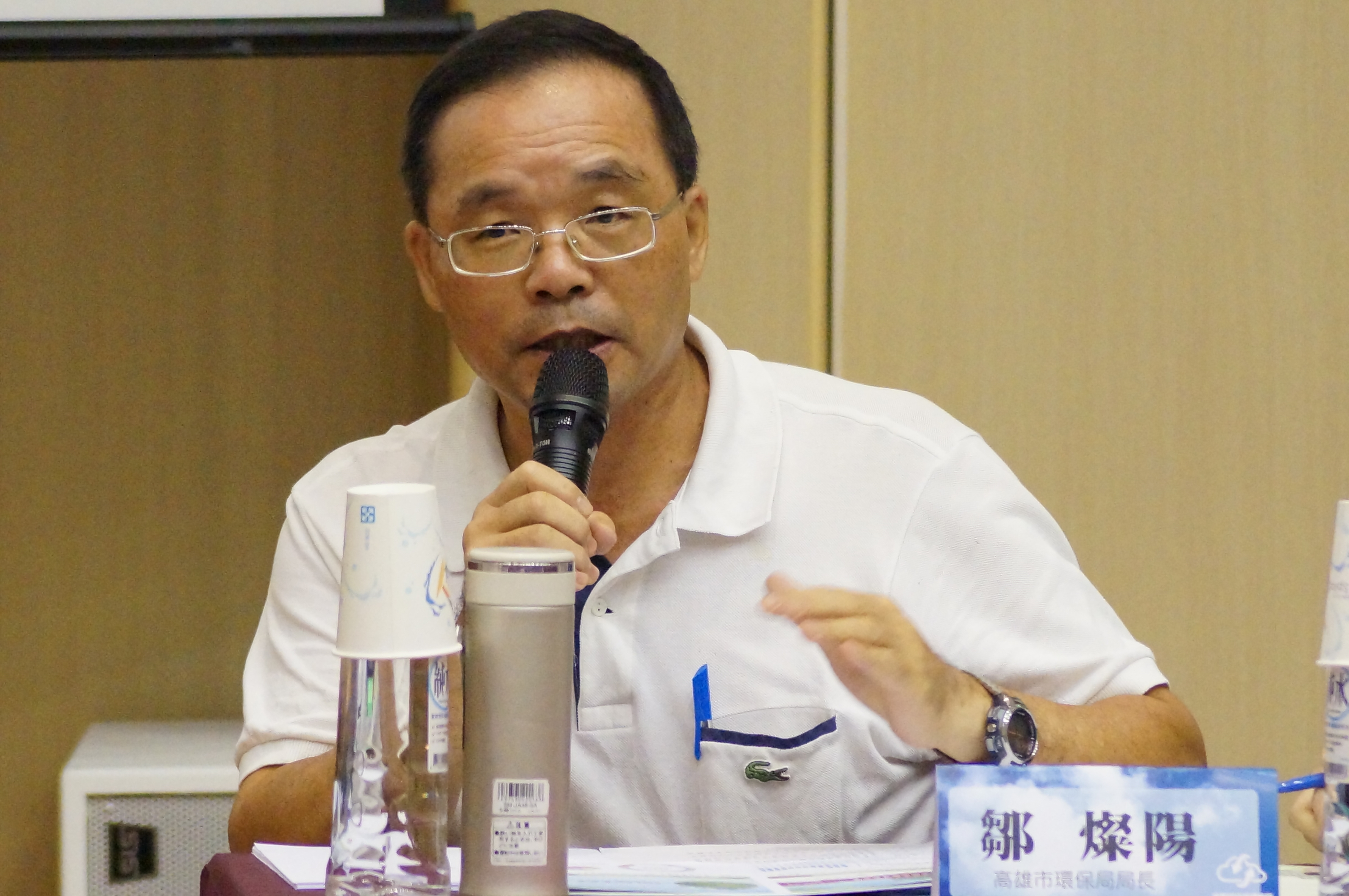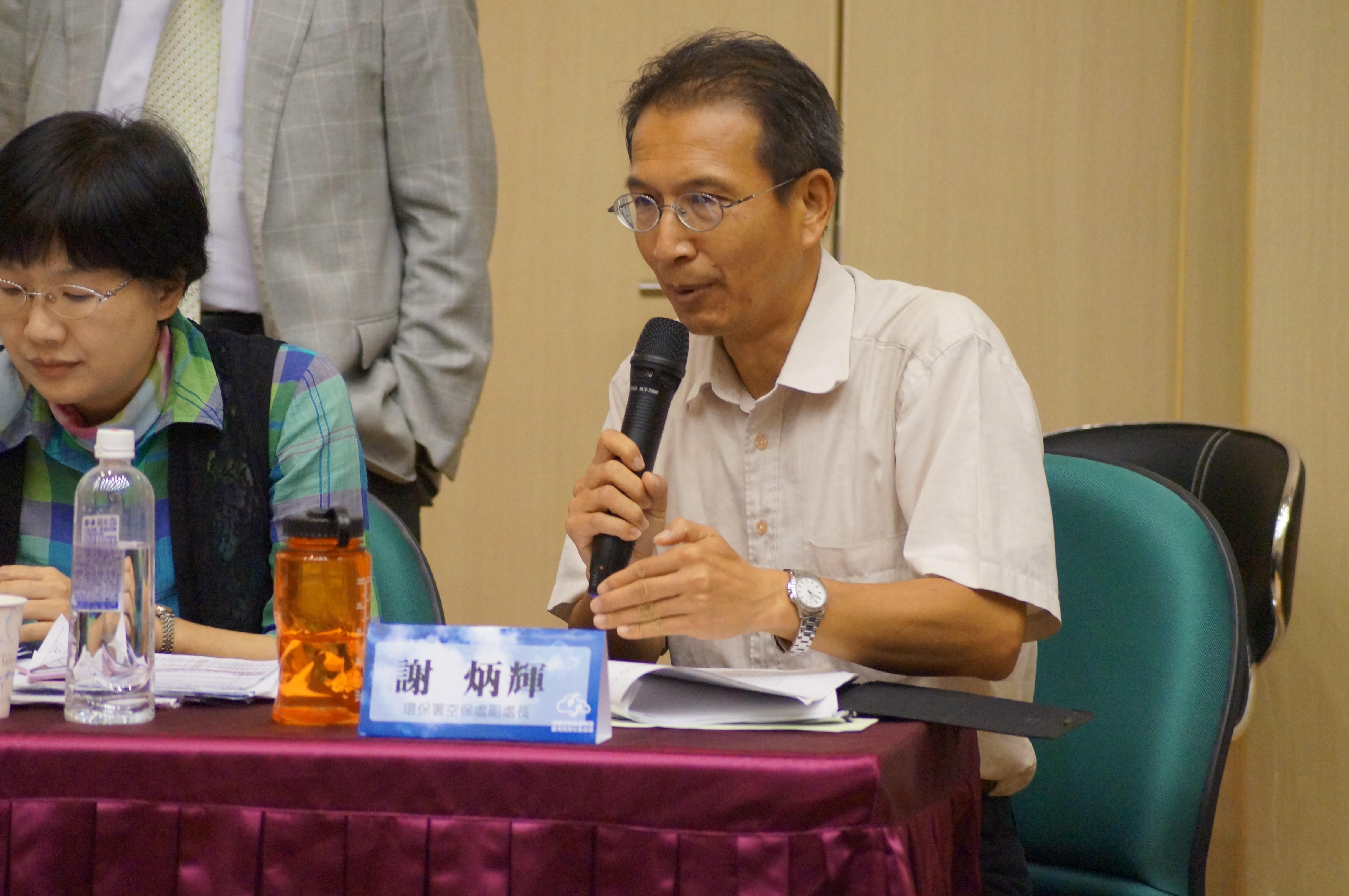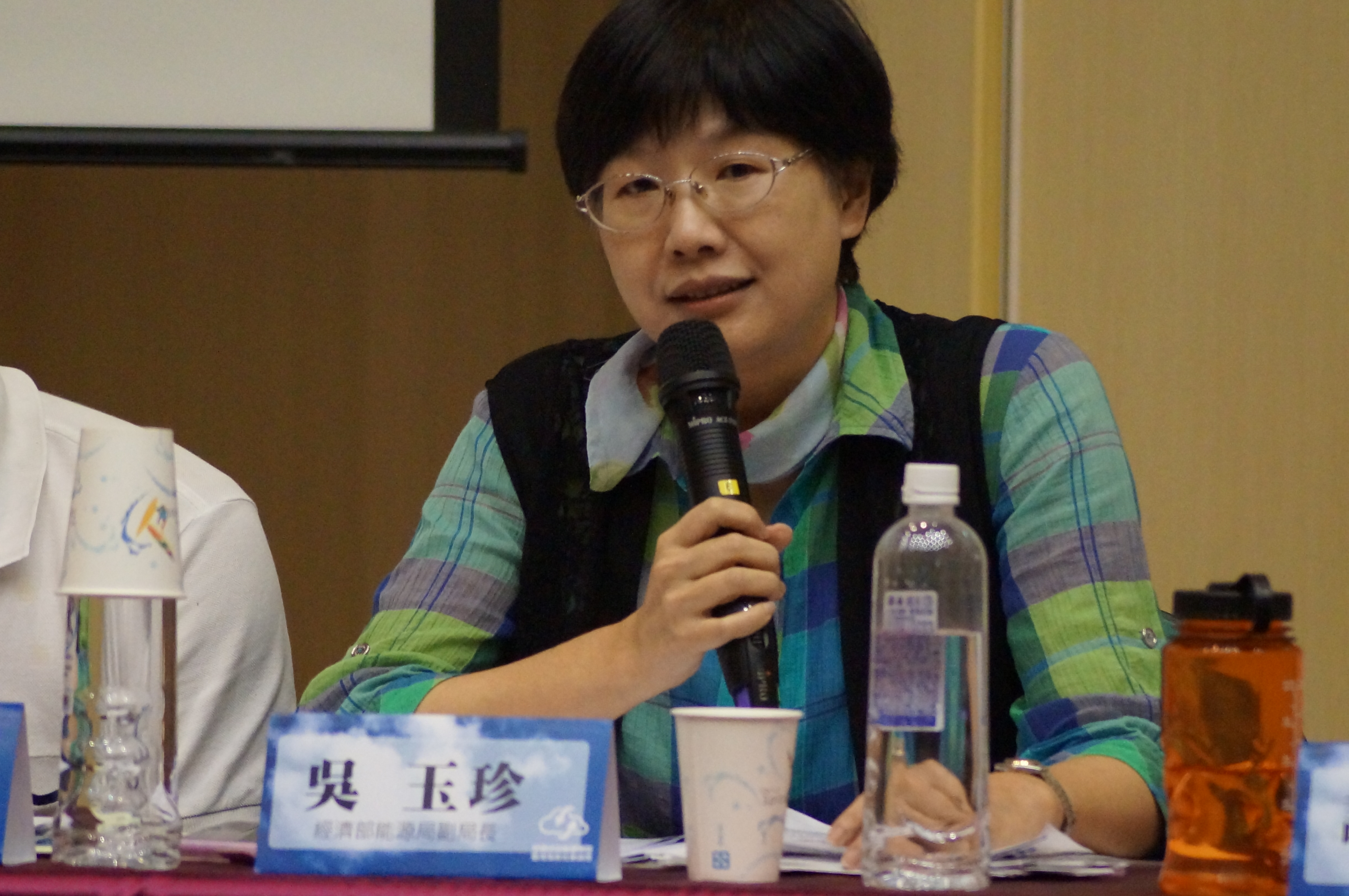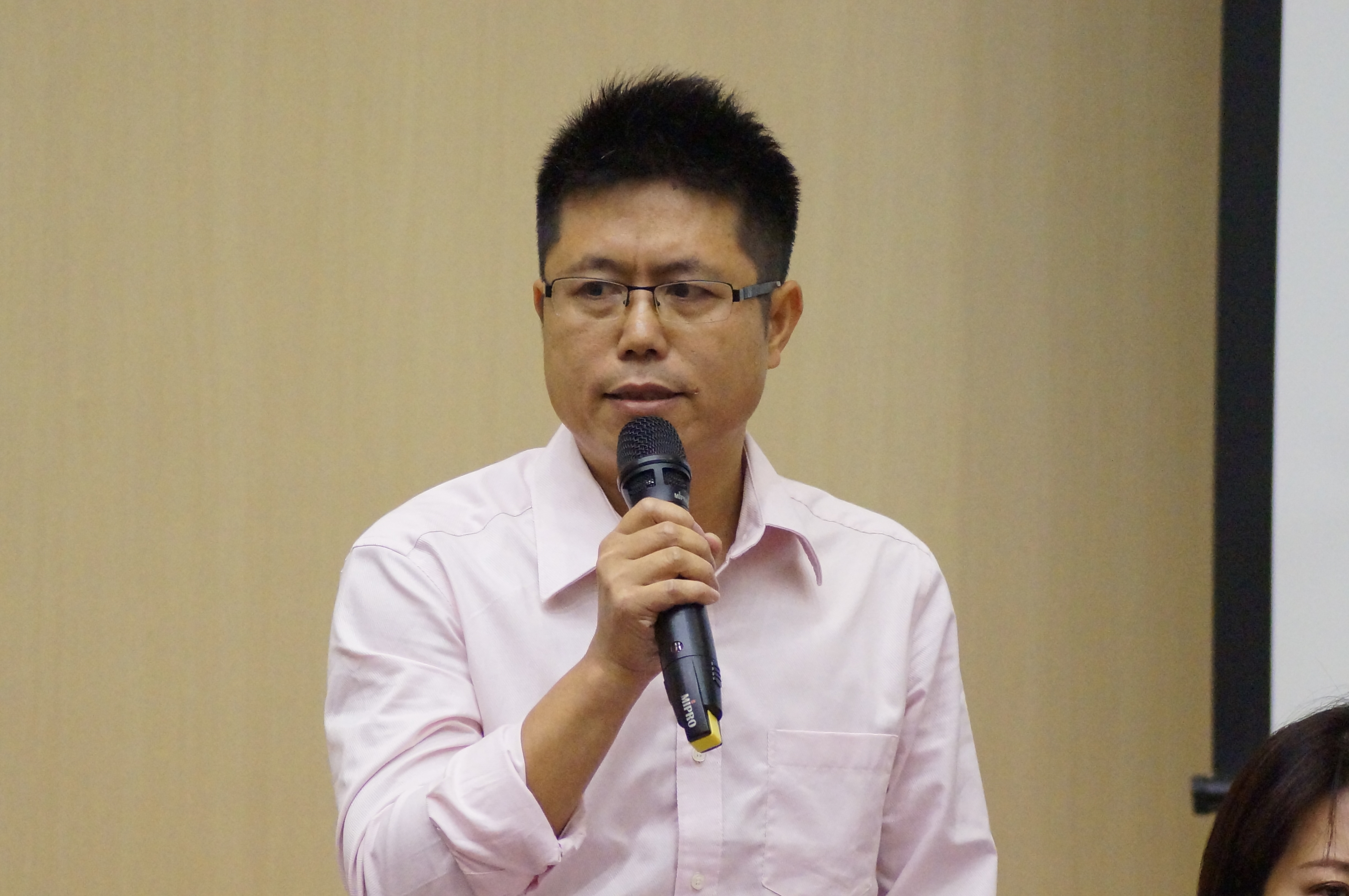It has been a year since Kaohsiung Gas Explosion occurred. When people go out from the crisis management and pain, how do they cope with the context of energy and industrial development that is entangled behind the event? Risk Society and Policy Research Center invited several academics and government officials to this forum, and discussed together about Taiwan's problems of air pollution and energy transformation. Through the heated discussion, we are searching for opportunities that lead to a change in Taiwan's future.
Professor Chang-Chuan Chan started the discussion by pointing out that cancer being the top 1 leading cause of death in Taiwan, with lung cancer and lung adenocarcinoma on the rise. Particularly, according to the definition by WHO, the diseases caused by air pollution include heart and cardiac muscle illness. Professor Chan indicated that, everywhere in Taiwan is worse than global statistics. The powerpoint slides showed a comparison of Yunlin and Yilan residents' health and income before / in the middle of/ and after Petrochemical Complex operation. It suggests that Yunlin residents, compared with Yilan residents, have lower average life expectancy, but do not increase much more income.
The discussion in this forum has roused widespread echo among audience. Someone proposed that the best energy in Taiwan is terrestrial heat, but unfortunately the developers in Yilan were faced with many administrative barriers and ended up loss of money. Also some other people are concerned about the application of energy technologies. Lithium-iron batteries from Taichung Industrial Park received many orders from Japanese schools during Fukushima nuclear disaster, which proved that we have very good technologies but our products rely on exports. Mr. Chen Hsi-Nan, chairman of Yilan Charlei Chen Foundation, also suggested that for every electricity kWh the coal power plant has generated, it may be required to also allocate certain ratio of efforts in developing windfarm renewable energy. Furthermore, extending life of existing nuclear plants has a huge impact on Taiwan, there is no solution to nuclear waste, and he looks forward to a future head Bureau of energy with local experience so that the policies do not deviate from public demand.



![[The Center's Statement] RSPRC's Policy Proposal for the Taiwan Pathway to Net Zero Carbon Emissions](https://rsprc.ntu.edu.tw/images/banners/home-banner/eng/0401_banner.jpg)
![[Latest publication] Air Pollution Governance in East Asia](https://rsprc.ntu.edu.tw/images/banners/home-banner/eng/《東亞空氣污染治理》_官網英文.jpg)
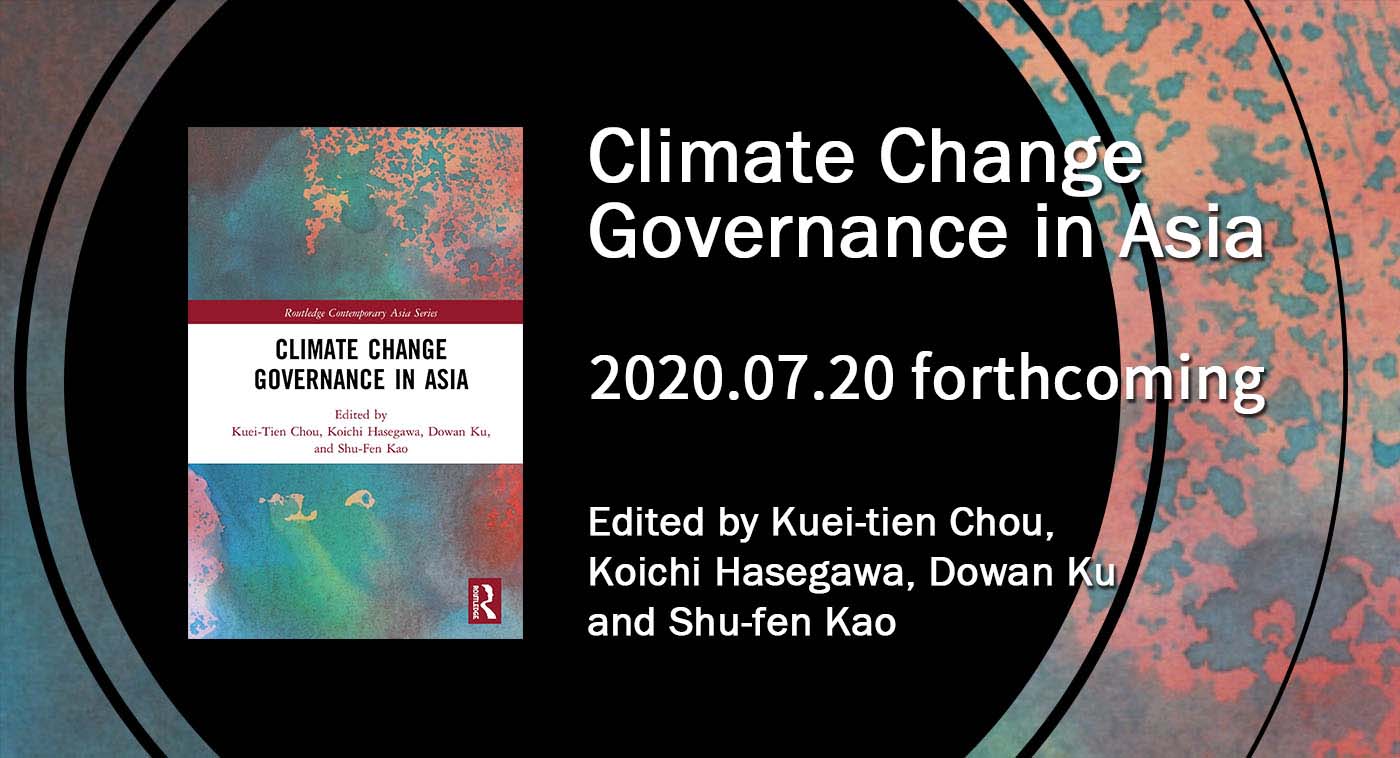
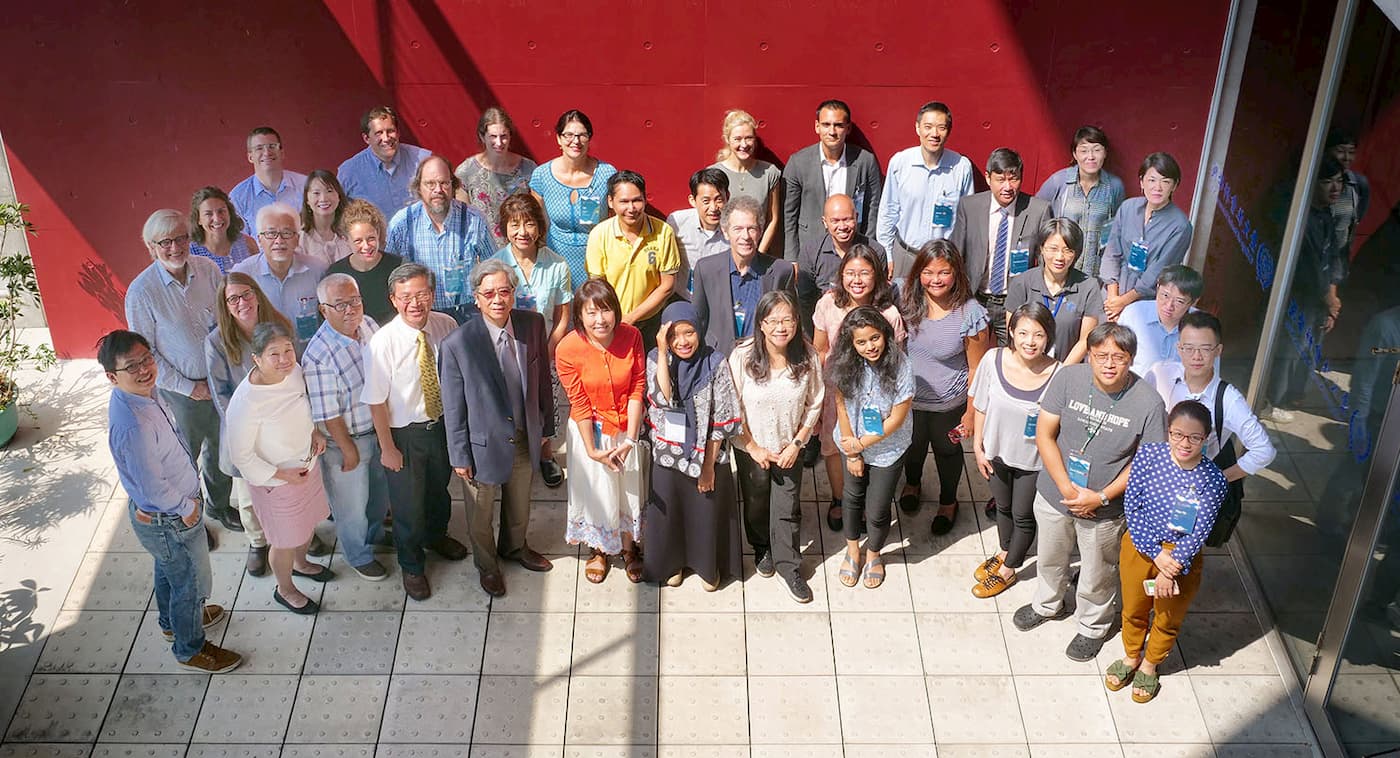
![[Event Summary (Part 1)] Taiwan in Transformation Forum - Media Conference: Launch of the Taiwan in Transformation Flagship Report](https://rsprc.ntu.edu.tw/images/banners/home-banner/eng/1081112-banner-en.jpg)
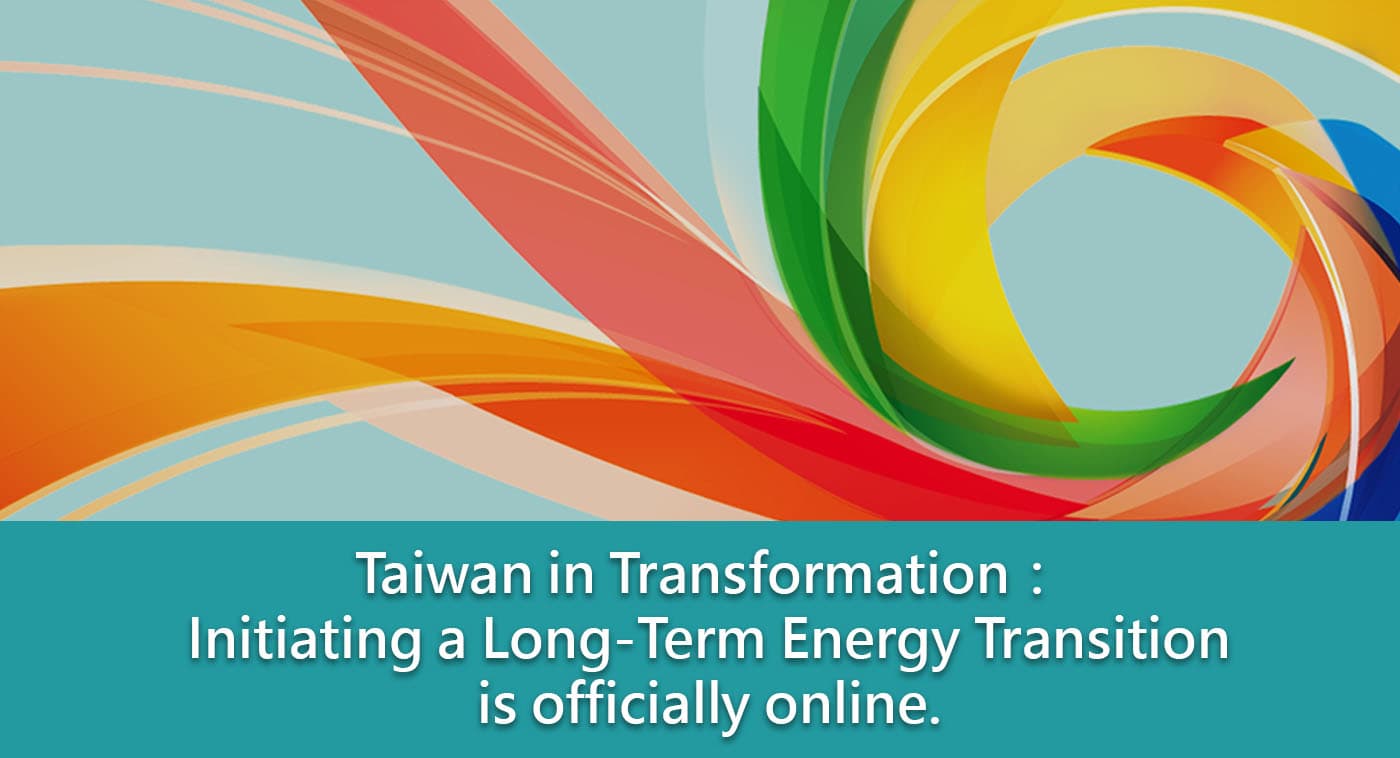
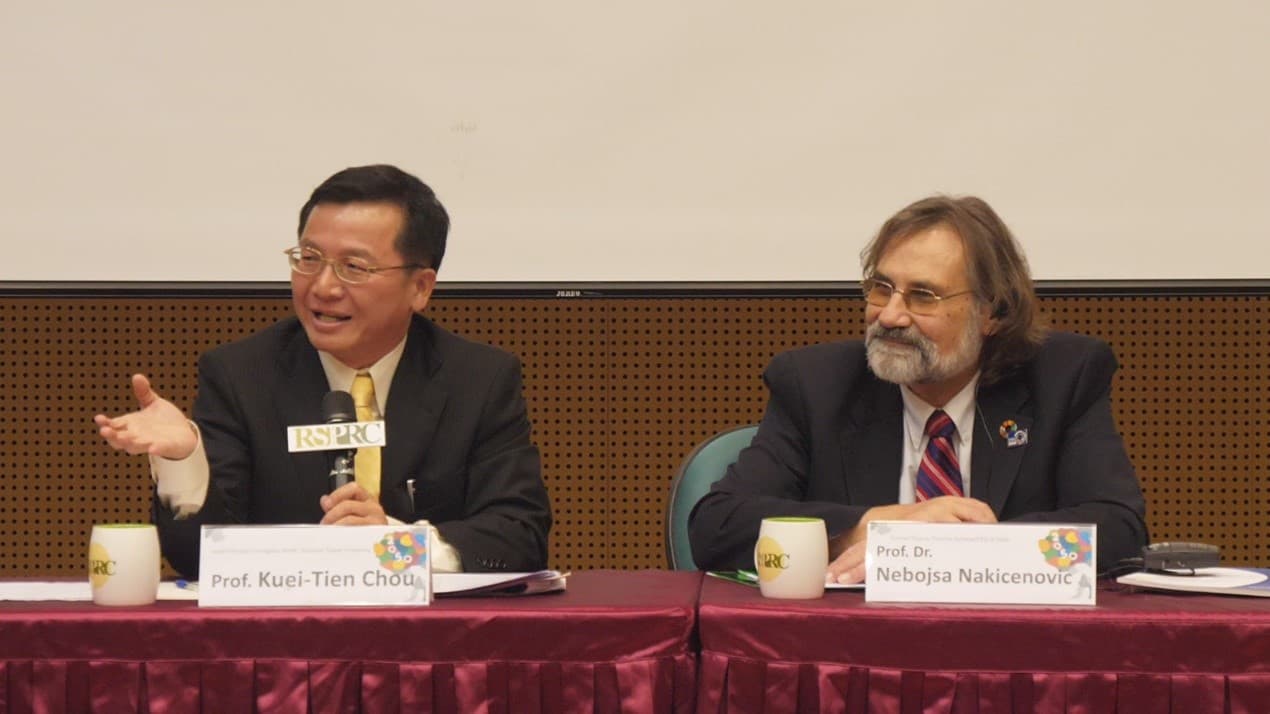
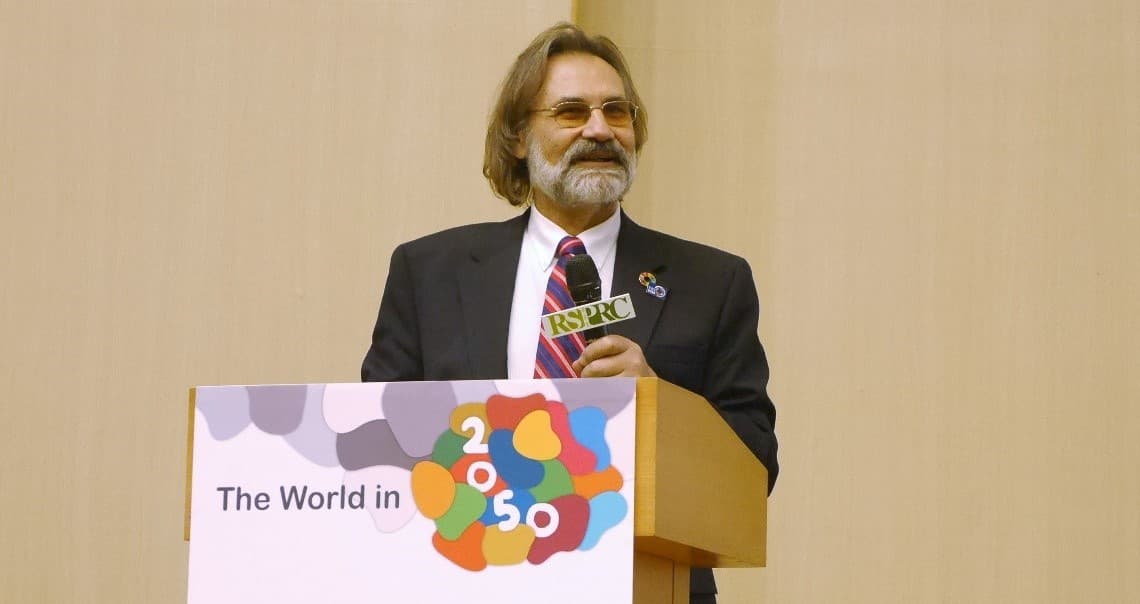
![[Events Review] Scientists and Reporters’ First Dance: Expectations and Interaction](https://rsprc.ntu.edu.tw/images/banners/home-banner/eng/1061114-banner-en.jpg)
![[Events Summary] The 6th International Symposium on Environmental Sociology in East Asia (ISESEA-6)](https://rsprc.ntu.edu.tw/images/banners/home-banner/eng/ISESEA-6-banner-en.jpg)
